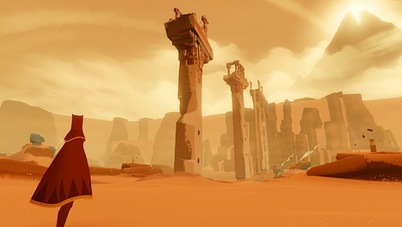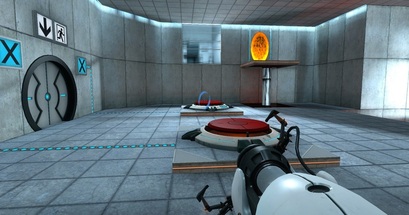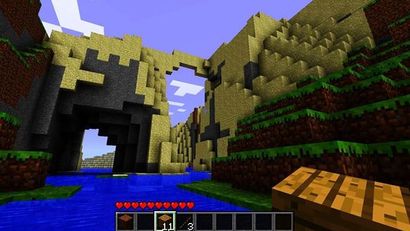
A couple of months ago I got involved in a somewhat heated debate with a chap at the local pub. I’m ashamed to say it even got a little out of hand and (in an inebriated state) I may have said some things that I am not all too proud of. I may have even wagged my finger in his general direction once or twice.

With the likes of The Novelist, Kerbal Space Program and Journey all picking up their own string of devout followers it seems like there are a growing number of gamers out there who are more than happy to appreciate something other than the typical FPS or action release by the more well-known mainstream developers. My friend’s argument on the other hand was that, while indie titles can provide an interesting distraction from time to time, they have neither the gameplay-depth or story-length to ever compare playing through a much more mainstream title. It is by all means a valid point. After all, the vast majority of indie games are relatively short affairs in terms of gameplay and certainly don’t match up with the Hollywood-inspired cinematics now being produced by the next-gen consoles. Such is the virtue of being a part of a multi-billion dollar industry.
However it is precisely the lack of million dollar budgets which makes the indie market so very important. With so much money on the line Studios the likes of Ubisoft, Rockstar Games, Electronic Arts and other such big name developers all stick to a steady pattern of very similar titles with a familiar assortment of characters - with an occasional brand new IP a couple of times every generation or so.

Many times this inventiveness in the indie market will pump out some truly innovative and iconic ideas, which may even circulate their way into the sights of their more corporate cousins. The Portal series is a prime example of this as it was originally based on a largely unknown indie title called Narbacular Drop released in 2005. Another important aspect is that indie games are so much more connected with the art involved in game development than the majority of mainstream titles. Gaming is still an art form, you know. Now more than ever in fact.

Through these titles we are reminded that a video game's world truly can place us just about anywhere we can imagine, involving us in a way which no other can (as well as in real life, through Kickstarter campaigns and such); and, if nothing else, indie game development helps prove to the mainstream players that graphics are by far not the most vital part of a great gaming experience.
So, how important is indie game development?

However, we have been wrong before. Here's your chance to have your say. Come find us on Twitter or on our Facebook page and let us know what you think about the importance of indie gaming!

 RSS Feed
RSS Feed
